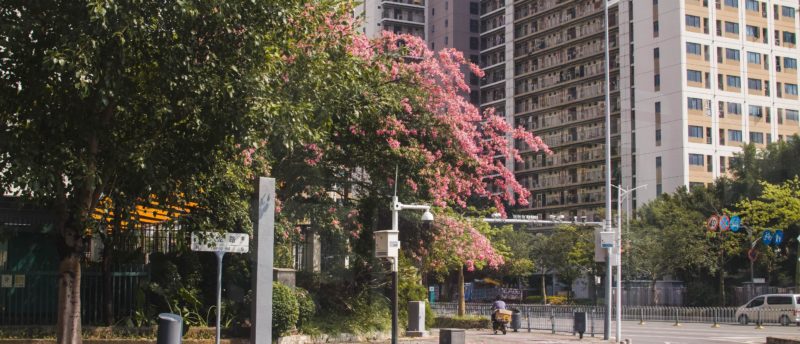Engaging with China's ecological civilisation
China's concept of ecological civilisation combines ambitious green economic policy with centralised control. What does it mean in practice?

This GEC paper, authored by IIED's Lila Buckley, describes the evolving discourse around the concept of “ecological civilisation” – a uniquely Chinese approach to green economic policy, combining ambitious environmental targets, centralised state power, and traditional Chinese philosophy.
The paper details the recent history of ecological civilisation and identifies how the concept has contributed towards China’s increasing environmental ambition, both domestically and internationally. This paper argues that a more nuanced and contextual understanding of ecological civilisation will aid international engagement with China around environmental issues.
Background & context
As governments around the world move to green their economies in the next decade – including shaping green recoveries from COVID-19 – China’s policy and governance approaches loom larger than ever.
China’s size and remarkable economic growth has given rise to sharply contrasting trends in its green economy transition. It has nearly half of the world’s coal power stations, but also more installed renewable energy than any other country.
Recognising growing public anger over environmental issues as a genuine threat to China’s domestic stability, ‘ecological civilisation’ has been enshrined as a national strategic priority and been a foundation for domestic reforms of environmental and economic governance.
What has been less clear is the role ‘eco-civilisation’ might play internationally, through its alignment or divergence from ‘green economy’ and ‘inclusive green growth’ agendas promoted around the world by NGOs and UN agencies, or ‘green deals’ emerging in the United States and Europe.
This question is particularly pressing in the ‘super year’ of 2021 with a pivotal climate COP26, the China-hosted Convention on Biological Diversity (CBD) COP15 in Kunming, and the imminent release of China’s 14th five-year plan (FYP).


